Nutrition
If you find a broken link in this list, please report it to the webmaster.
Iron is an essential mineral, with several important roles in the body.
For example, it helps to make red blood cells, which carry oxygen around the body.
A lack of iron can lead to iron deficiency anaemia.
Good sources of iron
Good sources of iron include:
- liver
- meat
- beans
- nuts
- dried fruit – such as dried apricots
- wholegrains – such as brown rice
- fortified breakfast cereals
- soybean flour
- most dark-green leafy vegetables – such as watercress and curly kale
Although liver is a good source of iron, don't eat it if you are pregnant. This is because it is also rich in vitamin A which, in large amounts, can harm your unborn baby.
How much iron do I need?
The amount of iron you need is:
- 8.7mg a day for men
- 14.8mg a day for women
You should be able to get all the iron you need from your daily diet.
Women who lose a lot of blood during their monthly period (heavy periods) are at higher risk of iron deficiency anaemia and may need to take iron supplements. Speak to your GP or a registered dietitian for more advice.
What happens if I take too much iron?
The side effects of taking high doses (over 20mg) of iron include:
- constipation
- nausea
- vomiting
- stomach pain
Very high doses of iron can be fatal, particularly if taken by children, so always keep iron supplements out of the reach of children.
What does the Department of Health advise?
Most people should be able to get all the iron they need by eating a varied and balanced diet. If you take iron supplements, don't take too much, because this could be harmful.
Taking 17mg or less a day of iron supplements is unlikely to cause any harm. However, continue taking a higher dose if advised to by your GP.
*** CLICK AT ANY PICTURE below TO ENLARGE IT and see a SLIDE SHOW***
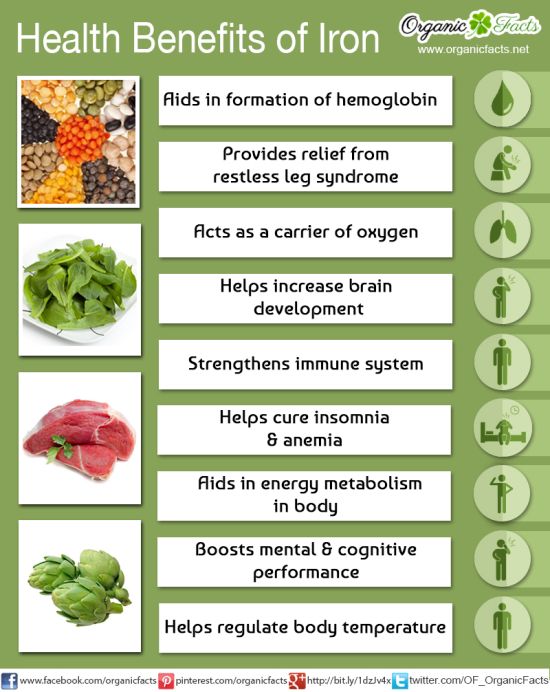 |
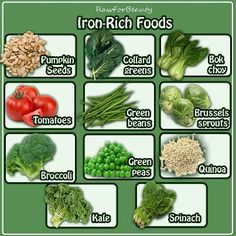 |
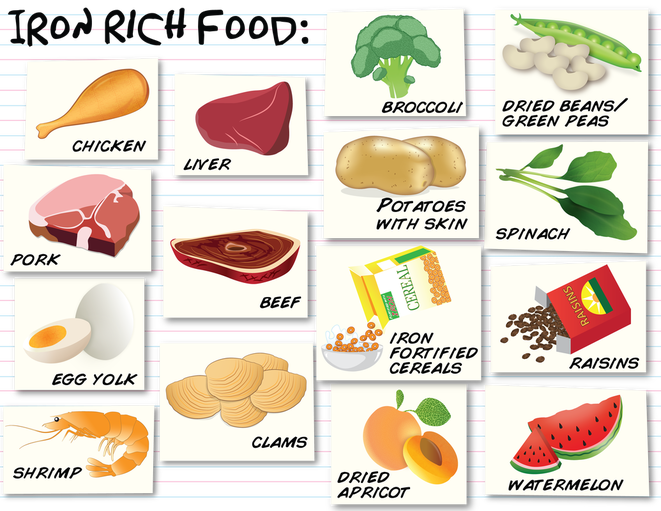 |
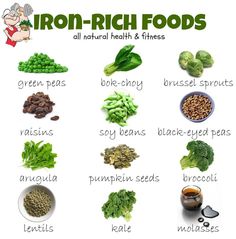 |
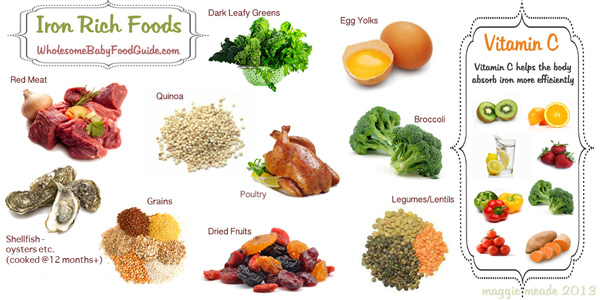 |
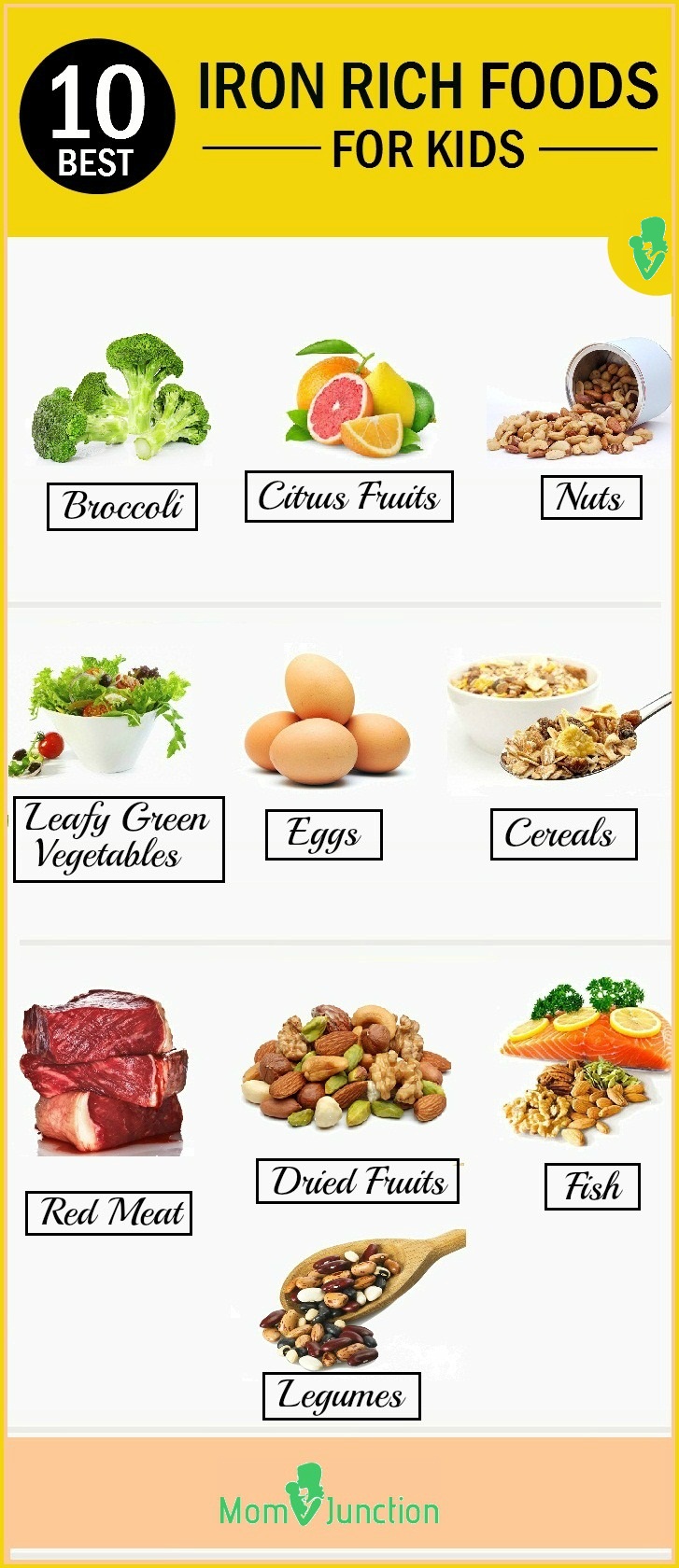 |
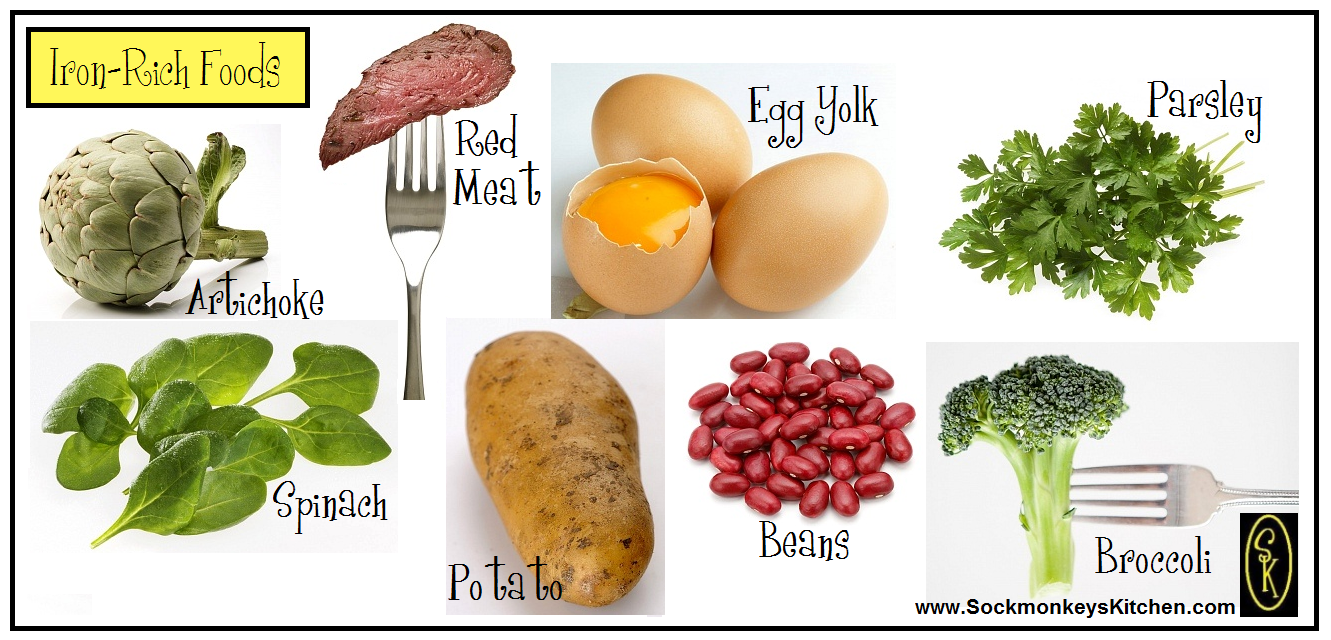 |
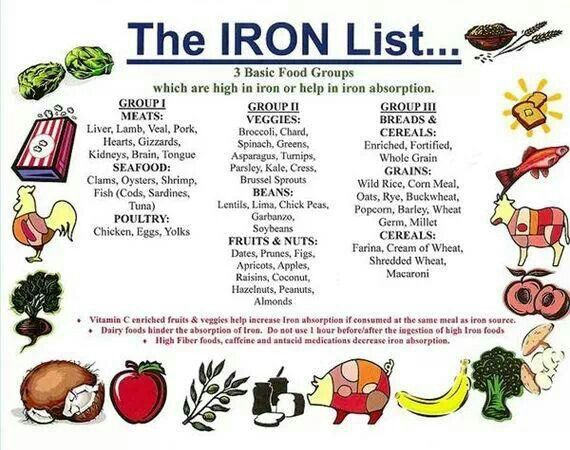 |
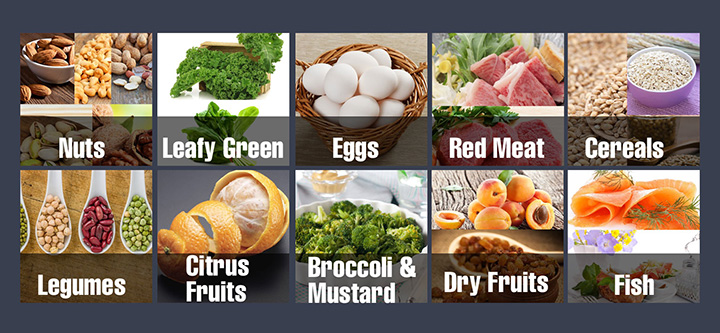 |
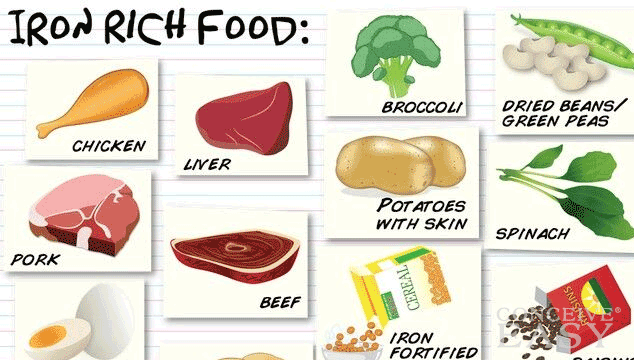 |
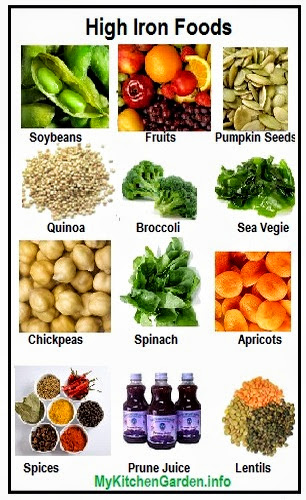 |
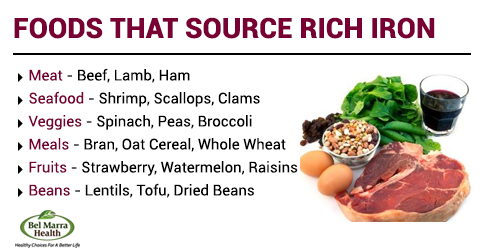 |
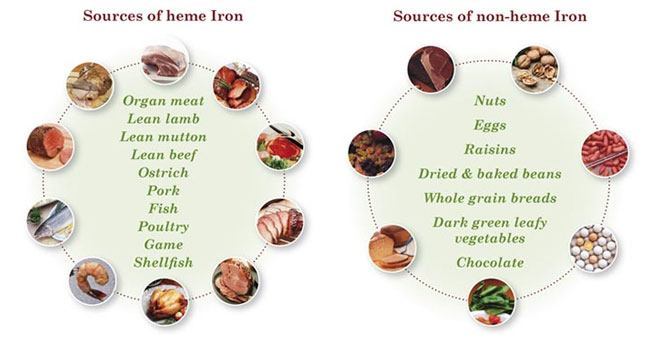 |
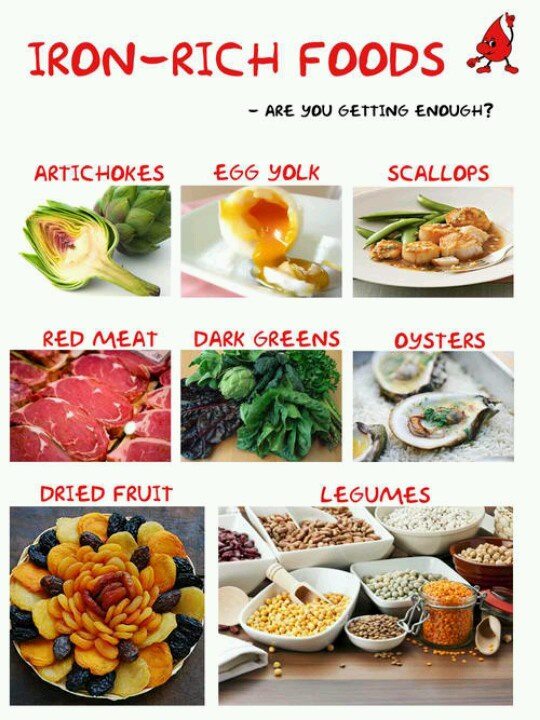 |
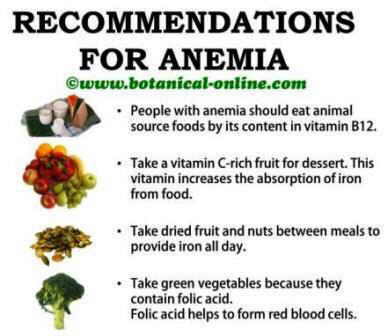 |
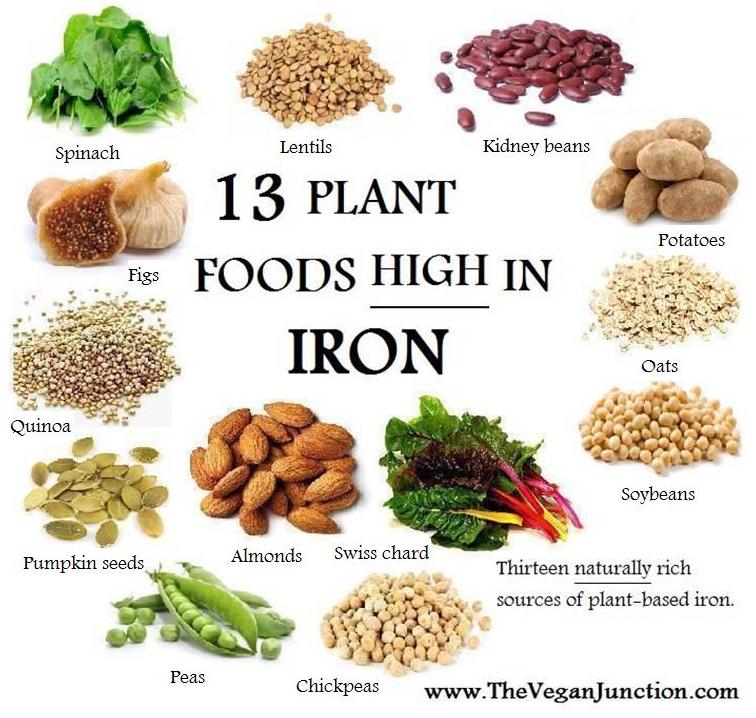 |
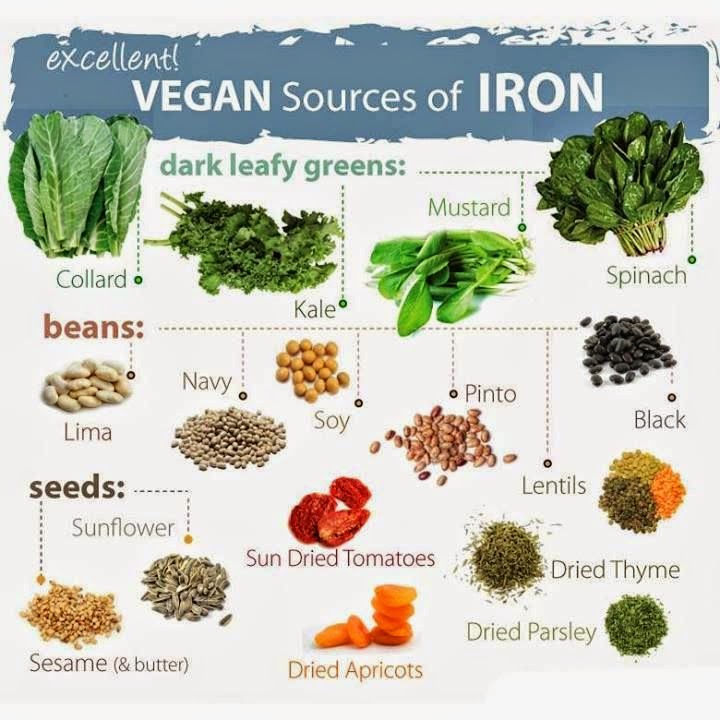 |
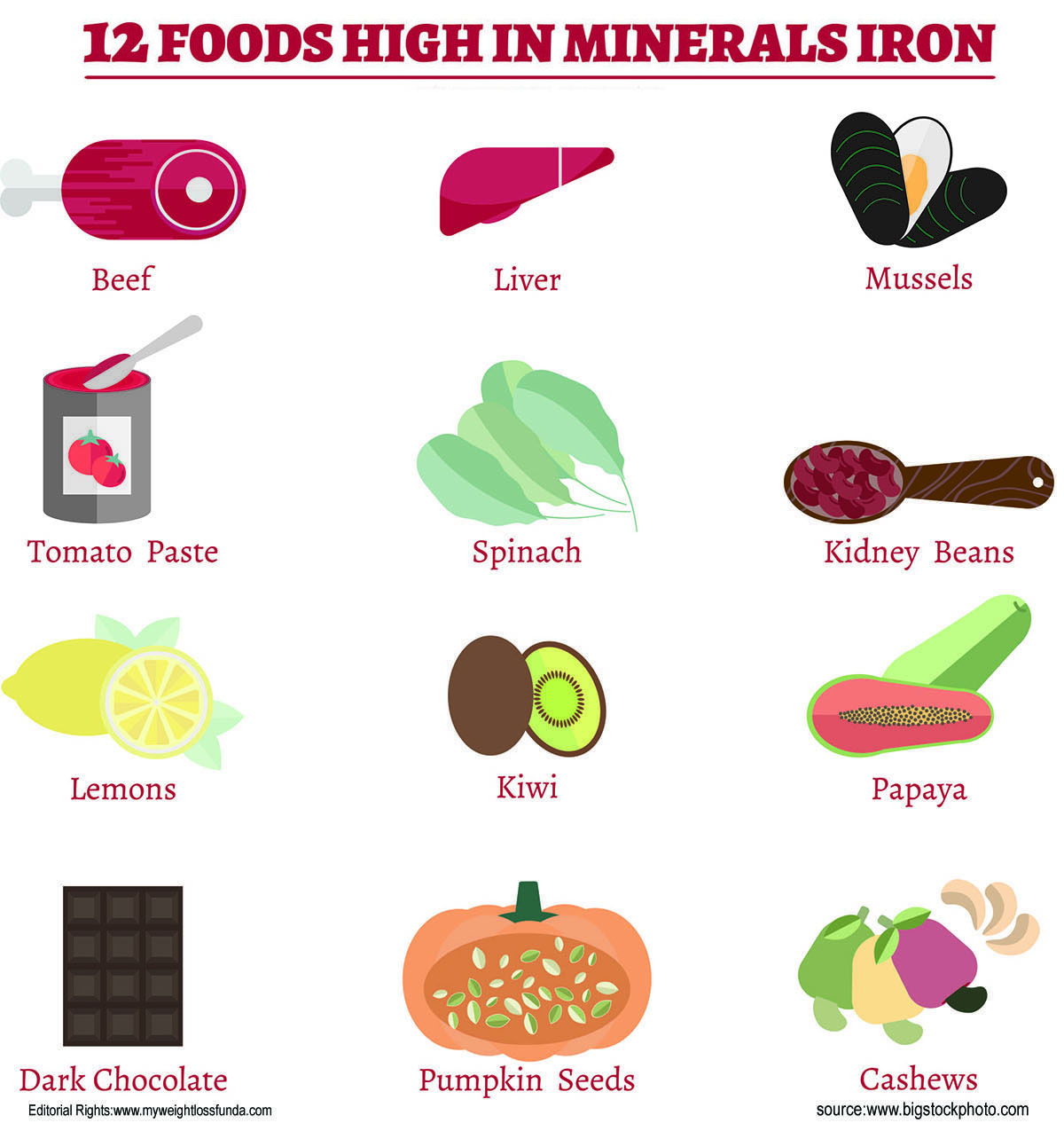 |
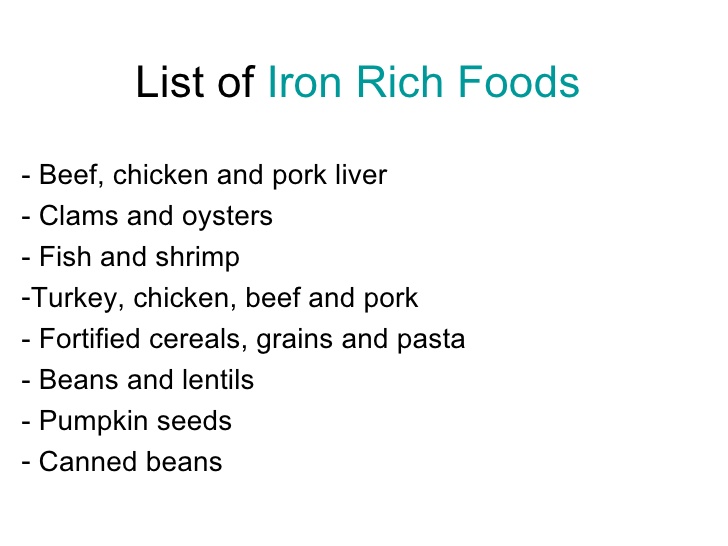 |
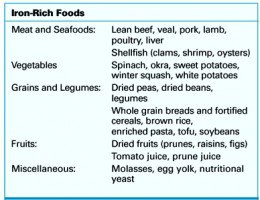 |